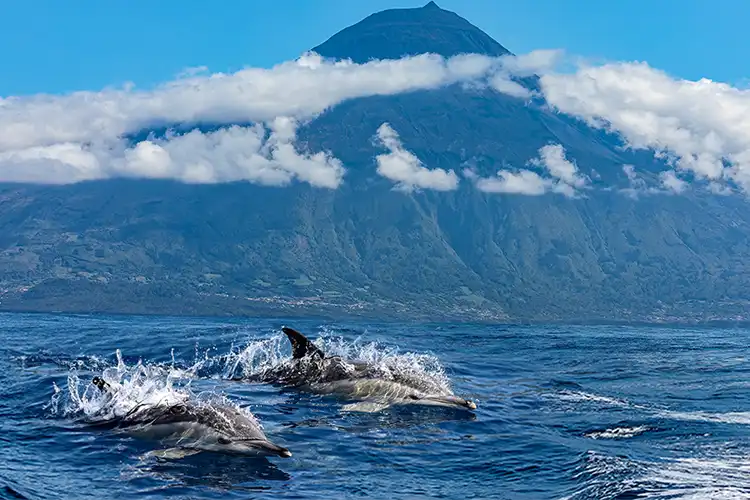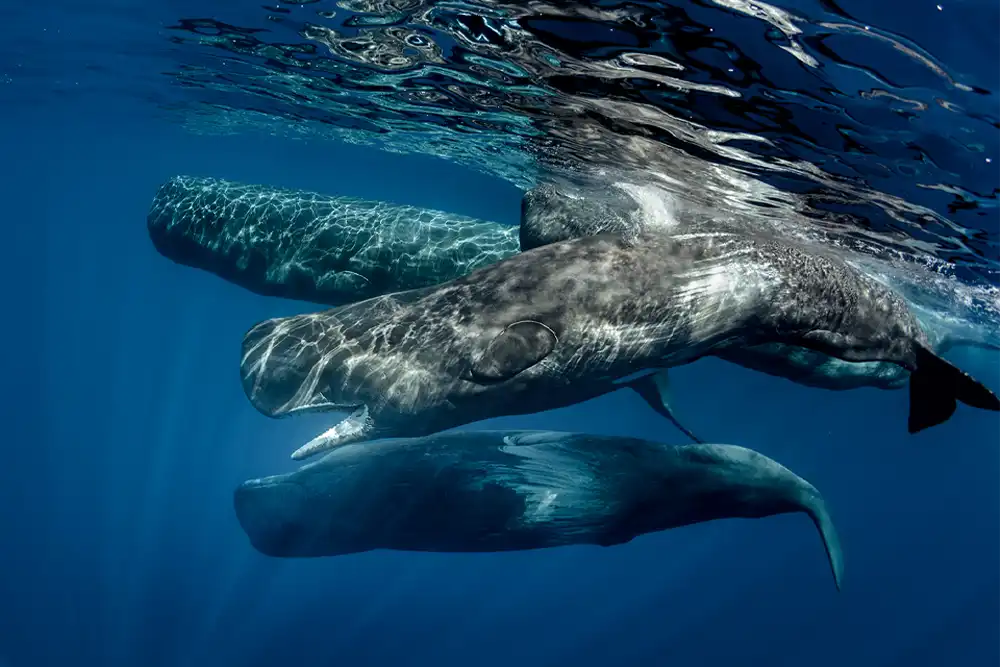
The Azores has passed legislation designating 30 per cent of the waters surrounding the autonomous Portuguese archipelago a Marine Protected Area (MPA).
At 287,000 square kilometres in size, the network of protected areas will be the largest in Europe, and the largest in the North Atlantic. Half of the MPA is to be fully protected, meaning that no extraction of natural resources is allowed, with the other half ‘highly protected’, meaning that limited usage is permissible as long as it does not affect the recovery of the ecosystem.
The Azores’ new legislation comes ahead of the United Nations Biodiversity Conference (CBD COP16) which will take place between 2-13 December 2024 in Riyadh, Saudi Arabia, during which 196 nation signatories will discuss the UN 30×30 target to protect 30 per cent of the Earth’s environments by 2030.
Located approximately 1,400 (870 miles) to the west of Portugal, the Azores is comprised of nine volcanic islands, covering a total land area of 2,351 sq km (908 sq mi) but part of an exclusive economic zone (EEZ) of more than 954,000 sq km (370,000 sq mi) of ocean.
Related stories
- UK Government announces new marine protected areas
- New Caledonia to extend area of MPA banning marine industrial activities
- Dominica to create first sperm whale marine reserve
- The biggest marine protected areas in the world
- Seychelles reaches 30 per cent MPA target

The region is home to a rich assortment of maritime species, including manta rays and mobulas, several species of whales and sharks, and six of the seven species of sea turtle are found in its waters, with loggerheads and leatherbacks most common.
Extensive fields of deep-sea coral are also found around the islands, as is a unique ecosystem of hydrothermal vents.
The archipelago began implementing marine protection activities during the 1980s, culminating in the launch of the Blue Azores programme in 2019. The islands were recognised as a Hope Spot by Sylvia Earle’s Mission Blue Foundation in 2021, with Earle describing them as ‘magical’ and a ‘magnet for life’.
‘The Azores has long been known for its unique ocean nature, and with this decision, we are driving the way forward to a productive, vibrant ocean,’ said José Manuel Bolieiro, President of the Regional Government of the Azores. ‘The sea is an integral part of our collective identity, being vital socially, culturally and economically.
‘We are committed to protect and recover our ocean to support a healthy blue economy. Our decision through a science-based and participatory process leading to the protection of 30 per cent of our seas serves as an example that other regions must follow now to ensure the future health of the planet.’
- DIVE’s Big Shot Light and Shadow – win an Aggressor Adventures liveaboard trip - 23 January 2026
- Huge Search and Rescue operation underway for missing Philippines divers and crew - 23 January 2026
- British Antarctic Survey opens applications for Antarctica jobs - 22 January 2026



